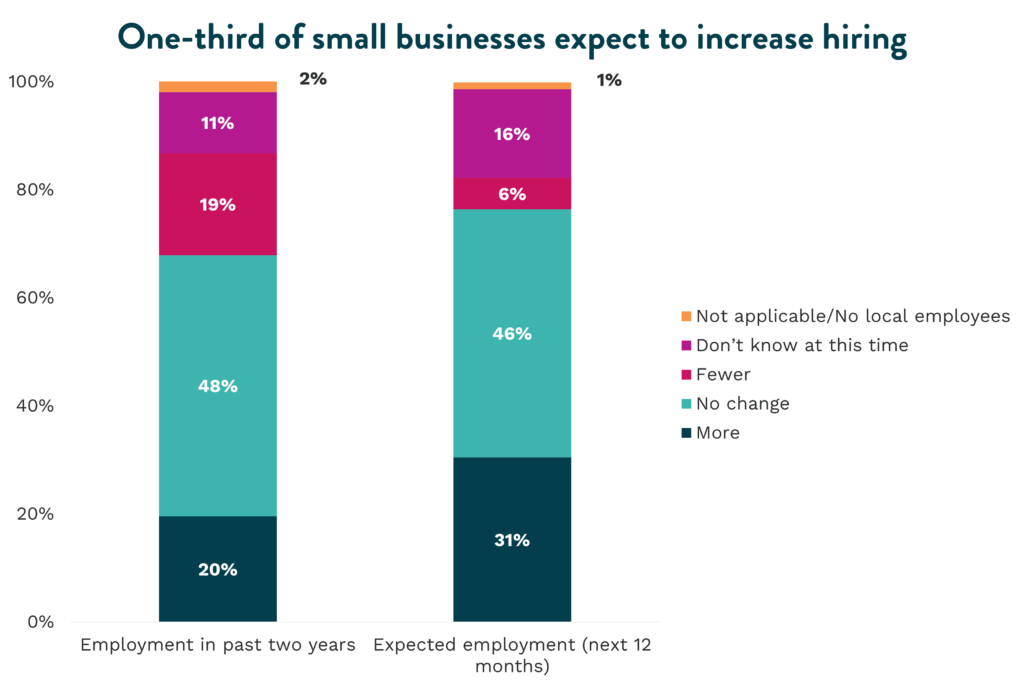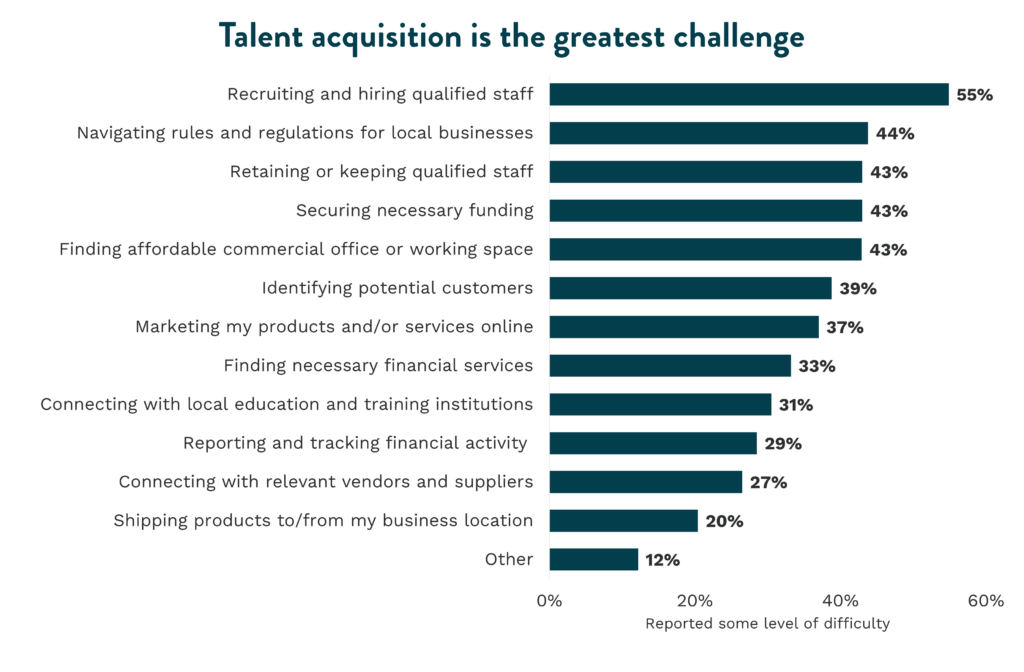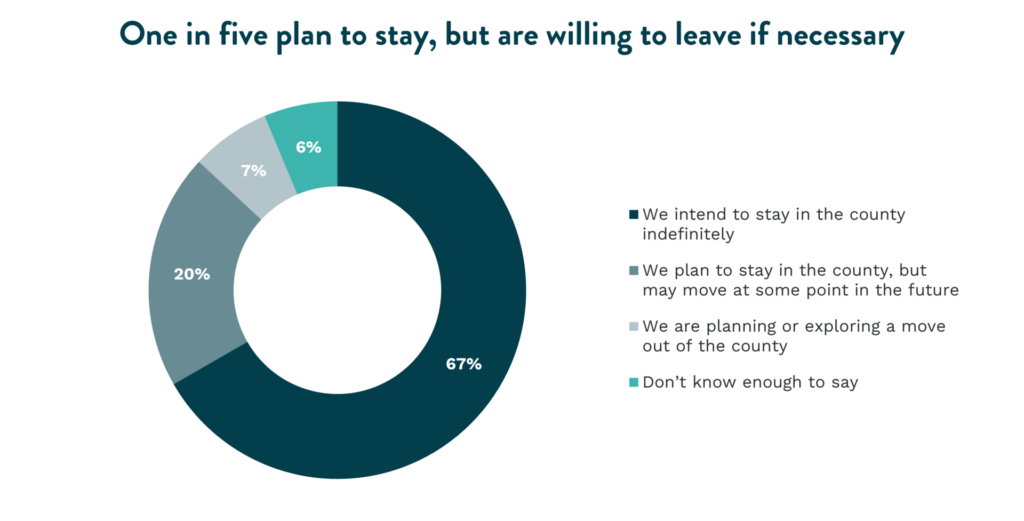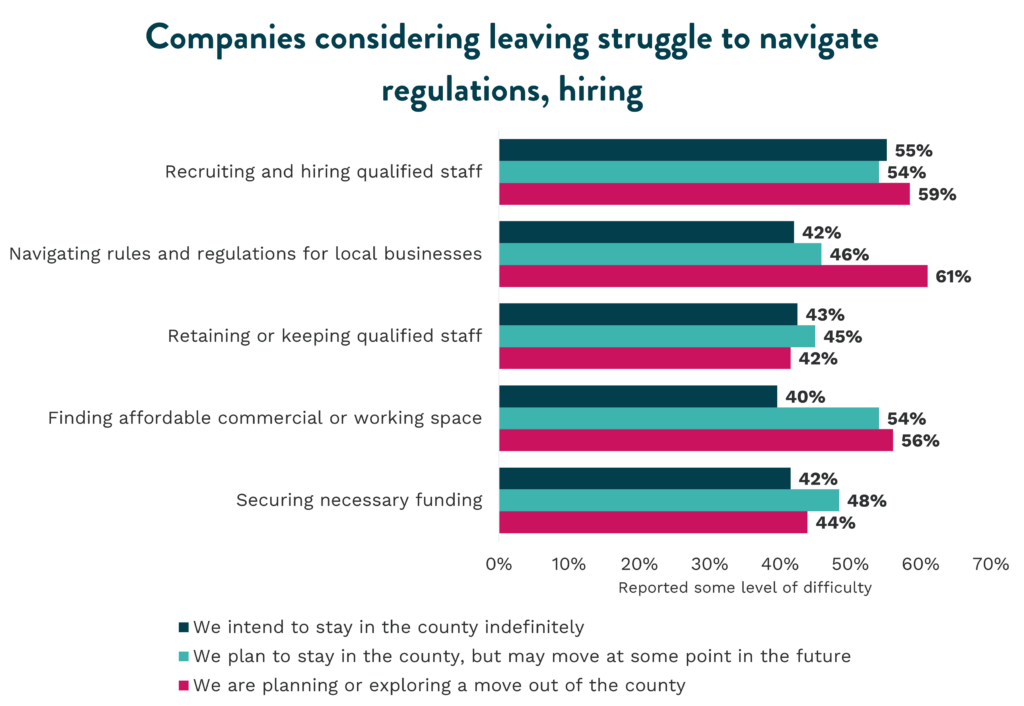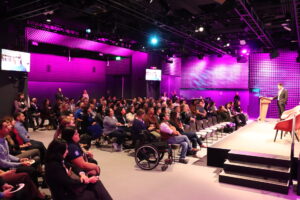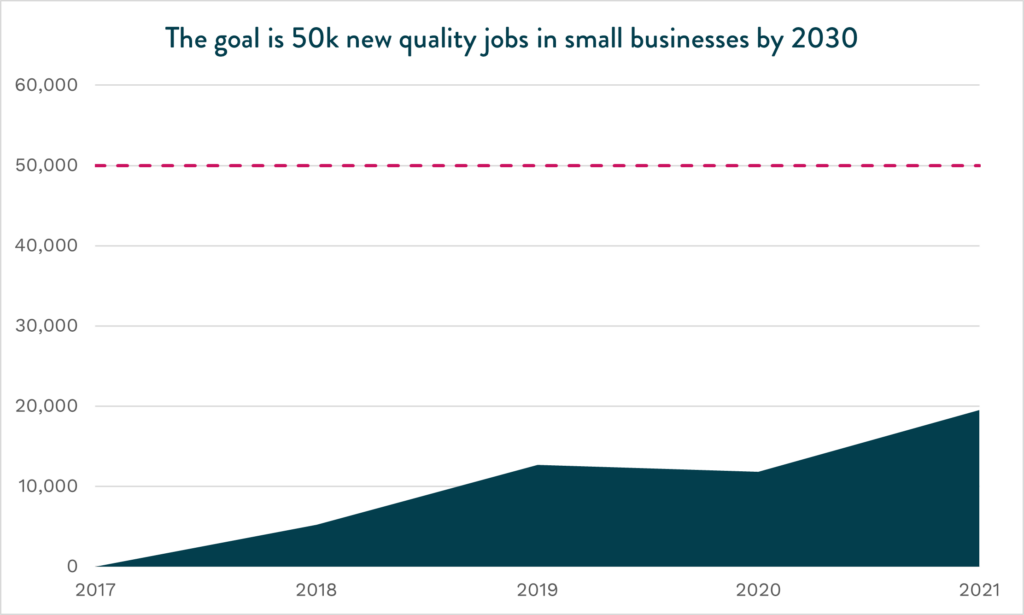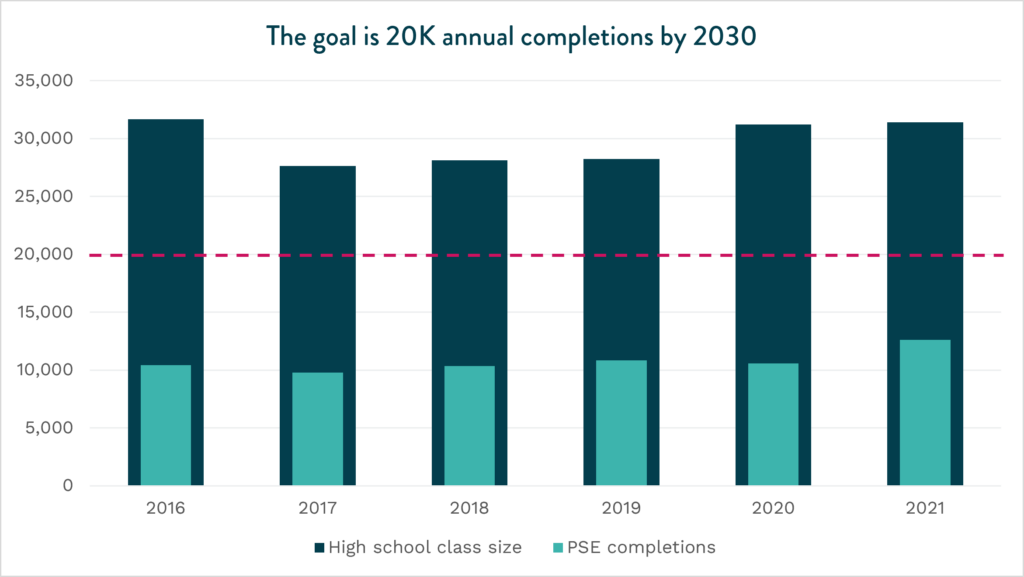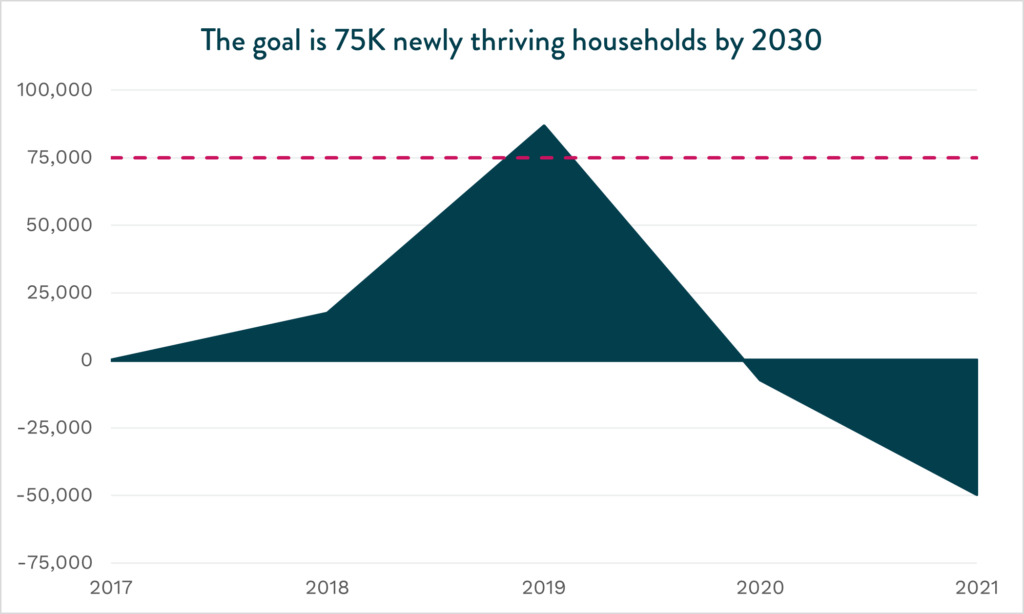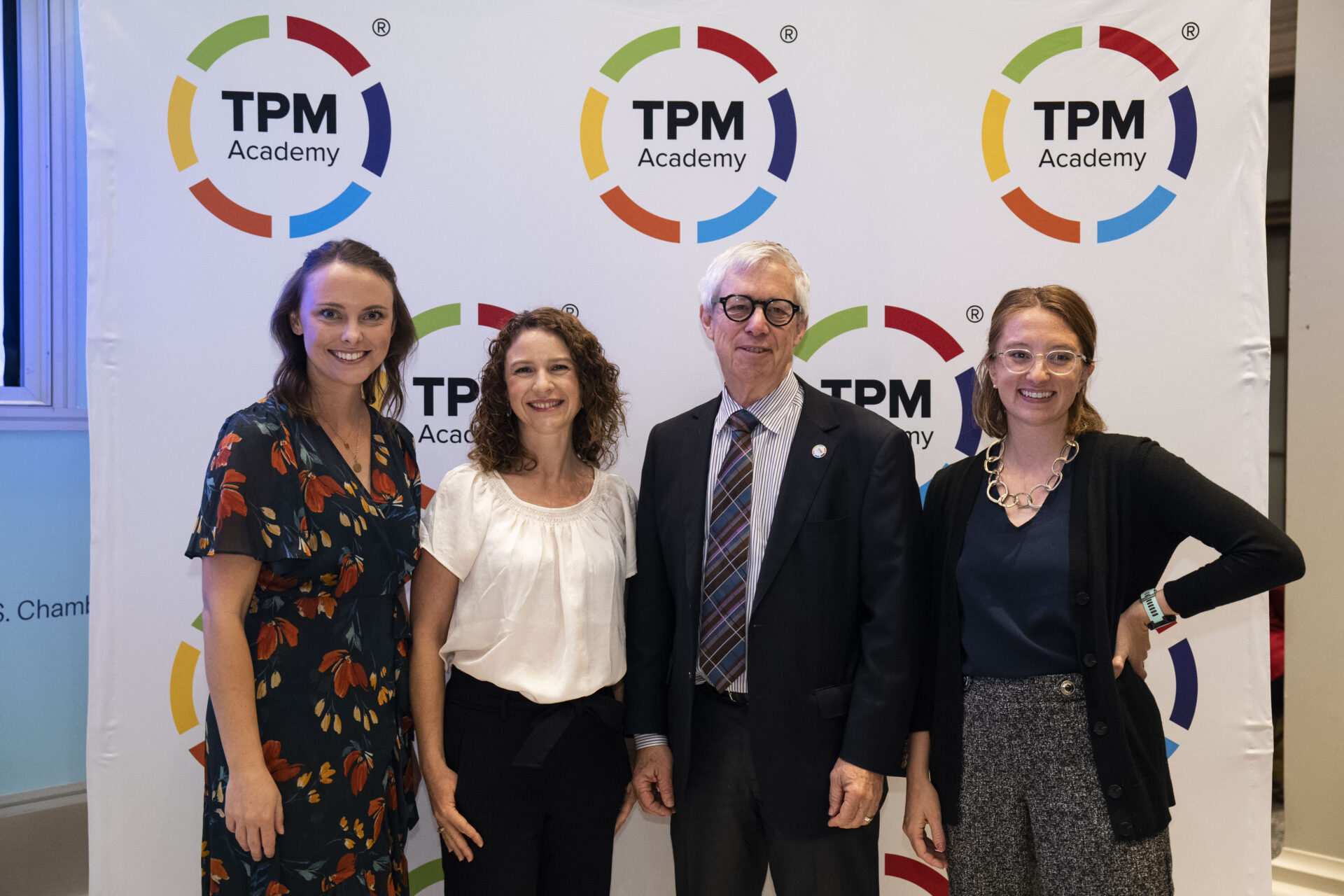Op-ed originally published by the San Diego Union-Tribune.
Authored by Sidd Vivek, President and CEO at Junior Achievement of San Diego and Imperial Counties; Mark Cafferty, President and CEO at San Diego Regional EDC; and Dr. Sunita Cooke, President and Superintendent at MiraCosta College
The success of our regional economy hinges on more than the businesses that power it; it thrives when our community, education systems, and industry come together to create opportunities that benefit all San Diegans. Internships and career-connected learning are key to aligning local students with regional jobs and overcoming the talent shortages threatening our economic competitiveness.
Demand for workers in the innovation economy is set to double over the next few years, making it imperative to connect young people to career pathways and professional networks in San Diego’s leading industries. Talent from historically underserved communities remains heavily underrepresented in the local innovation economy; in fact, Black and Hispanic people comprise 50 percent of the region’s K-12 population but only 24 percent of innovation cluster workers. Supporting these youth in accessing high-growth, sustainable careers is key to addressing San Diego’s socioeconomic disparities and creating a talent surplus.
That’s why, together with key local partners, San Diego Regional EDC is focused on placing students in paid work-based experiences and/or internships across the region. In collaboration with the Border Region Talent Pipeline K-16 Collaborative, Imperial Valley EDC, Junior Achievement of San Diego and Imperial Counties, and the County of San Diego led by Chair Nora Vargas, 443 local youth were placed in paid summer internships and/or work-based learning experiences at more than 125 businesses across San Diego and Imperial Counties including Illumina, Deloitte, Booz Allen Hamilton and Cox Communications and many small businesses. Through local industry partners—and supplemented by philanthropy—students were paid more than $2.7 million in collective wages and employer support services, and many are already being hired on for full-time opportunities. This work goes beyond offering students a paycheck—transforming futures and driving long-term economic growth for San Diego.
When employers invest in career-connected learning experiences, they address both immediate staffing needs and strategically build a future workforce pipeline tailored to their skills demands. According to the National Association of Colleges and Employers, approximately 72 percent of US companies will offer their interns full-time positions, and 80 percent of employers cited their internship programs as the talent acquisition technique with the best return on investment.
It is not just businesses that benefit. Forbes reported that students who completed paid internships receive twice as many job offers and secure a higher first-year salary than students with no internship experience, even when controlling for industry and demographic data.
Work-based learning equips students with industry tools and professional skills while helping them identify career paths aligned with their strengths and build a network of support for the future. Young people’s creativity and diverse perspectives can spark fresh ideas that drive businesses forward. As more students transition from interns to full-time roles, they mentor the next generation, creating a self-sustaining growth cycle that fuels innovation and economic mobility across San Diego and Imperial Counties.
This complex work requires cross-sector collaboration, from K-12 school districts and nonprofits to community colleges, universities, and employers who need the talent to fill critical functions. For our region—we must keep our sights set on fostering innovation, connecting youth to in-demand, sustainable wage career pathways, and building a talent pool that reflects our people.
With students back in school for the fall, we invite our regional businesses to join us in this vital work. From participation in career panels to hosting work-based learning for high school students or post-secondary apprentices and interns, a commitment by San Diego’s companies will be the difference-maker for this region and our youth.
It is only with and through San Diego’s employers that we can meet our Inclusive Growth goals, and ensure our economy remains competitive, innovative, and resilient for years to come. The benefits are clear: stronger businesses empowered students, and a vibrant, accessible economy that works for everyone.
What’s next?
- Join EDC on November 13 for Reaching Tomorrow’s Talent, where employers, talent leaders, and educators will gather to connect and shape the future of workforce.
- Read Industry Talent Demand Reports here.
To learn more and get involved in EDC’s work, contact:

Bridgette Coleman
Manager, Talent Initiatives

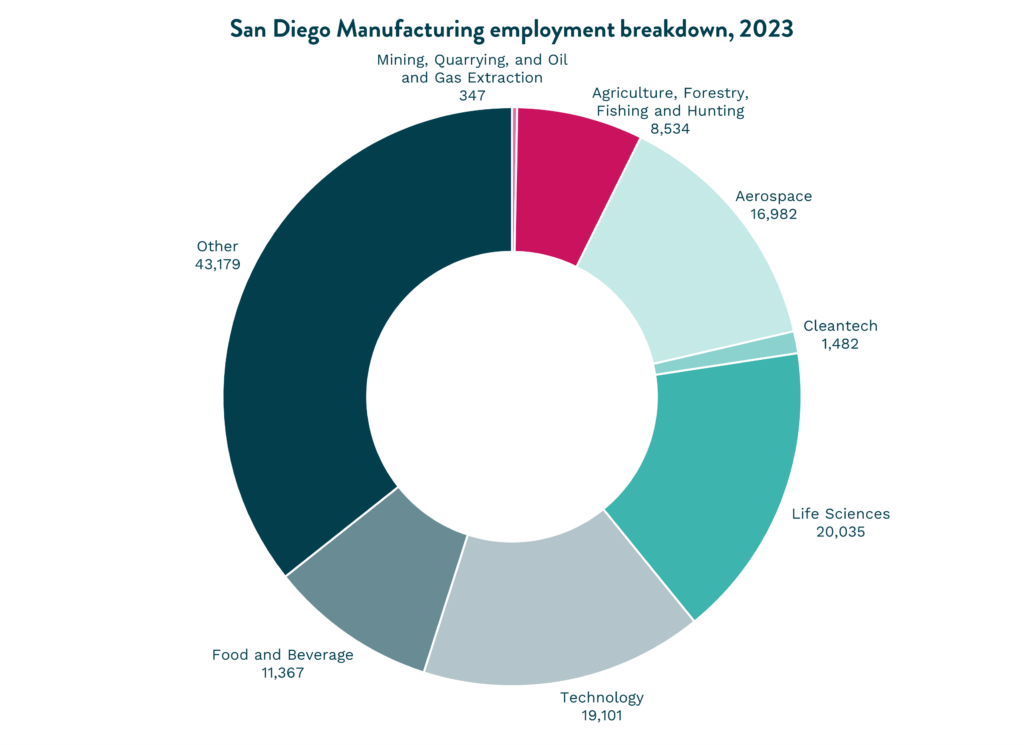

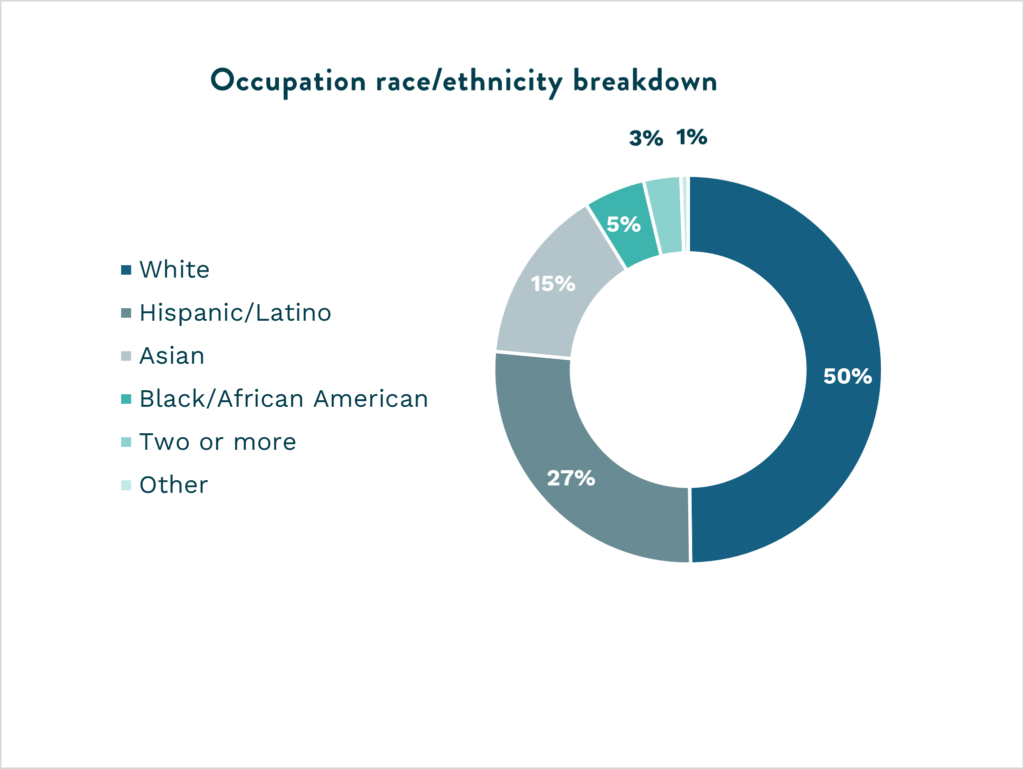
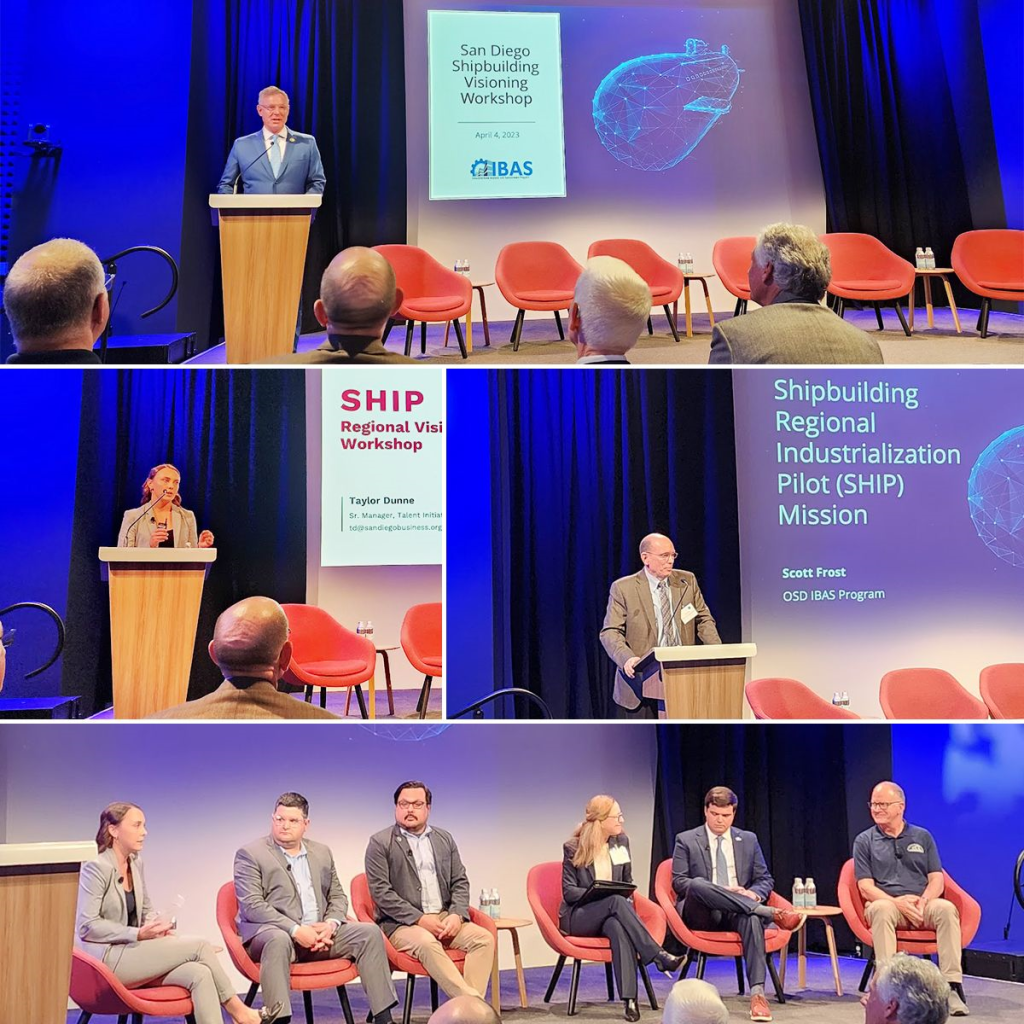 Taking Action
Taking Action
